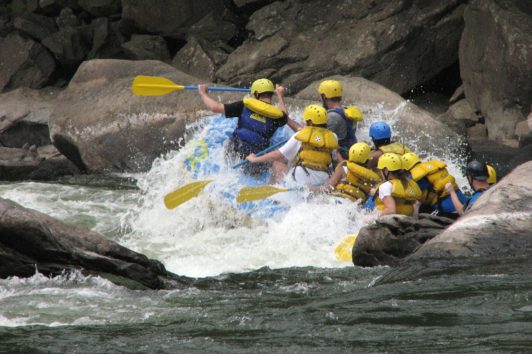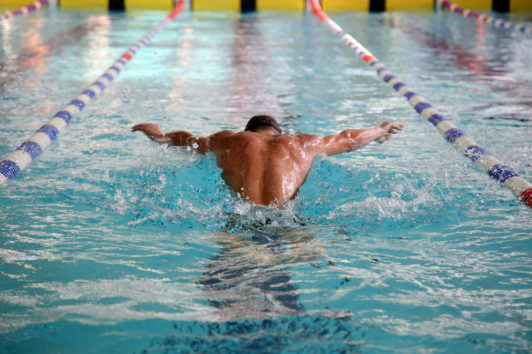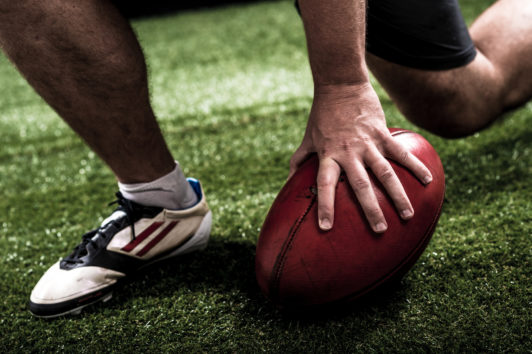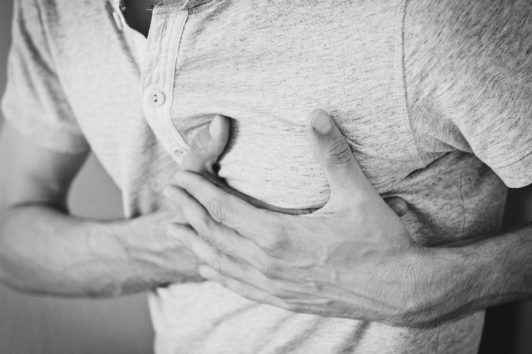
Emily Cheek
Sport and Exercise Science graduate. Working as a corporate health physiologist. Keen netballer.
@emilycheek1
Article
Team cohesion in sport involves a variety of factors e.g. coaches and the environment and can be defined as: ‘a dynamic process that is reflected in the tendency of a group to stick together and remain united in the pursuit of its instrumental objectives and/or for the satisfaction of member...

Article
There are a number of psychological influences which are said to have an impact on sporting performance and motivation, self- confidence and anxiety are three main components which are vital for shaping success when interacting effectively. The levels of these behaviours within an individual during a performance vary and the...

Article
Theories of Motivation Motivation is a key aspect of sport and can be used to predict an individual’s behaviour during a performance depending on what is driving them. It can be defined as: ‘the hypothetical construct used to describe the internal and/ or external forces that produce the initiation, direction,...


